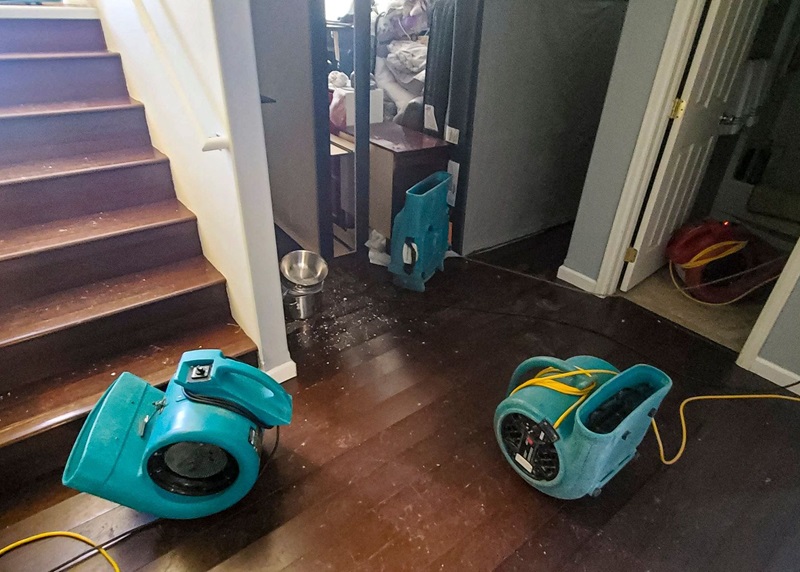What’s new in restoration and adjuster national licensing?

The trend of insurers owning restoration firms and third-party vendors may not continue, particularly since controlling costs remains a priority for carriers, sources tell Canadian Underwriter.
It also looks like a national adjusting licensing standard or cross-provincial licensing will not come to fruition anytime soon.
Restoration firms have acquired competitors in recent years. Late last year, On Side Restoration acquired Superior Disaster Services following its 2022 acquisition of Craft Restoration Services. In August 2019, Intact Financial Corporation acquired the parent company of On Side.
Based on feedback from insurers, Paul Gilbody, president of independent adjusting firm ClaimsPro, says he’s not sure if this ownership trend will continue. “With catastrophic events on the rise, ownership of restoration firms doesn’t allow enough flex during these events for some insurers to properly service their customers.”
Instead, what’s needed is better management of emergencies and overall scope and estimating on jobs to control costs, while allowing a broader panel of restoration firms to assist, Gilbody suggests.
He wasn’t commenting on any specific deals in particular, but rather offering an opinion on general trends as they relate to restoration firms.
Indemnity dollars are also going up for insurers, and using contractors may be contributing to this trend.
“The cause can be attributed to trying to desk adjust a lot of files and letting contactors work without an independent adjuster or a road adjuster overseeing what they’re [doing],” Gilbody says. “And the indemnity dollars have increased because they’re not seeing those files face-to-face.”
Licensing changes?
When it comes to a national licensing standard or cross-provincial licensing, Gilbody says it appears there’s little movement on that front, despite lobbying efforts from the Canadian Independent Adjusters’ Association (CIAA).
“Through [CIAA], we have continued to lobby for less stringent cross-provincial licensing standards,” Gilbody says. “To date we have not seen harmonized licensing being considered further and yet the expedited emergency licensing has improved during catastrophic events.”
Although this remains a burden for independent adjusters, ClaimsPro regularly keeps many adjusters licensed in numerous provinces so that they can assist or move quickly as needed across the country to help clients.
“Most of ClaimsPro’s adjusters are licensed in more than one provincial jurisdiction,” he adds.
ClaimsPro’s Janak Lally, past president of CIAA, noted during a recent CatIQ Connect panel that regulators may temporarily relax their rules during disasters to allow out-of-province adjusters into a province to help deal with a large number of claims.
For example, the Financial Services Regulatory Authority of Ontario temporarily allowed licensed adjusting companies to use claims adjusters with licences outside of Toronto during the late-May 2022 derecho storm in Ontario and Quebec.
“Those are one-offs, but we’ve got to make it a lot easier,” Lally said. “That’s something that we’re trying to do as a team, all firms together…because water damage in B.C. is no different than water damage in Ontario.”
Feature image by iStock.com/Ethen Dell







